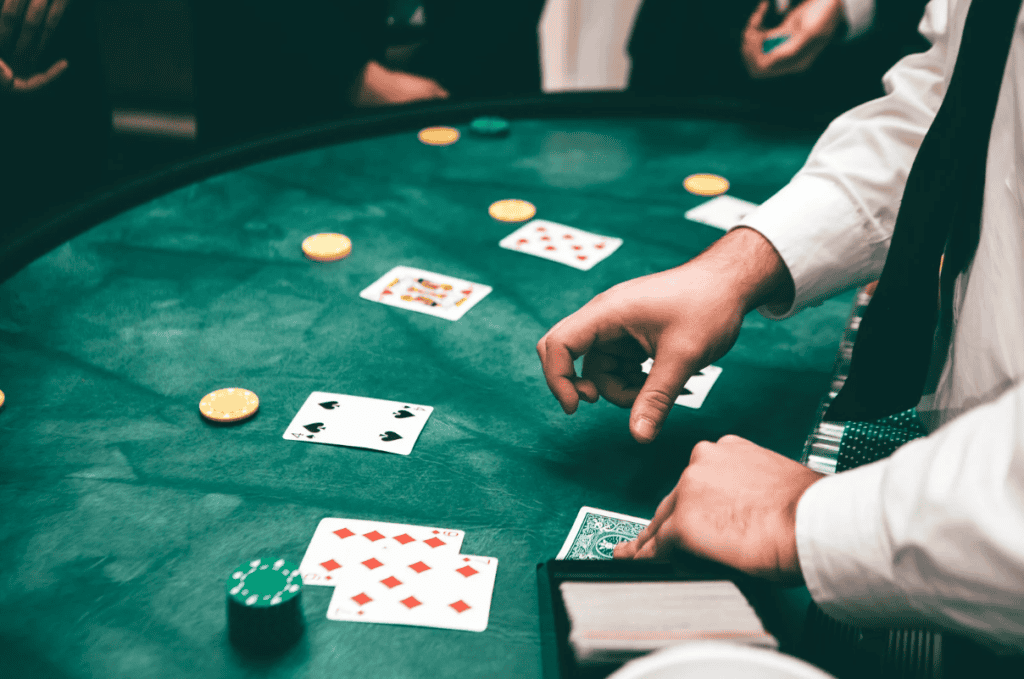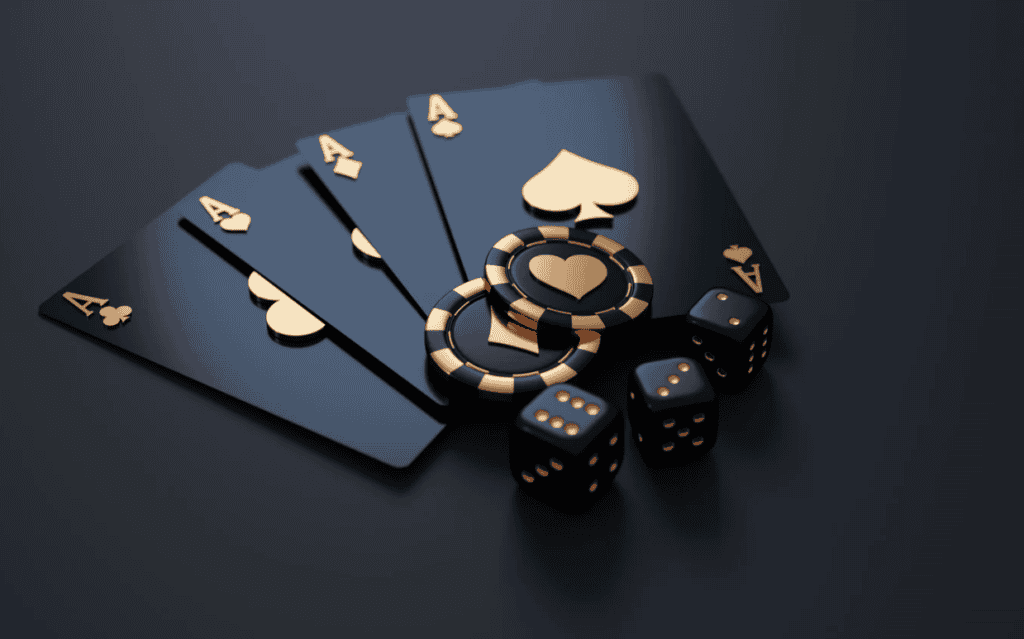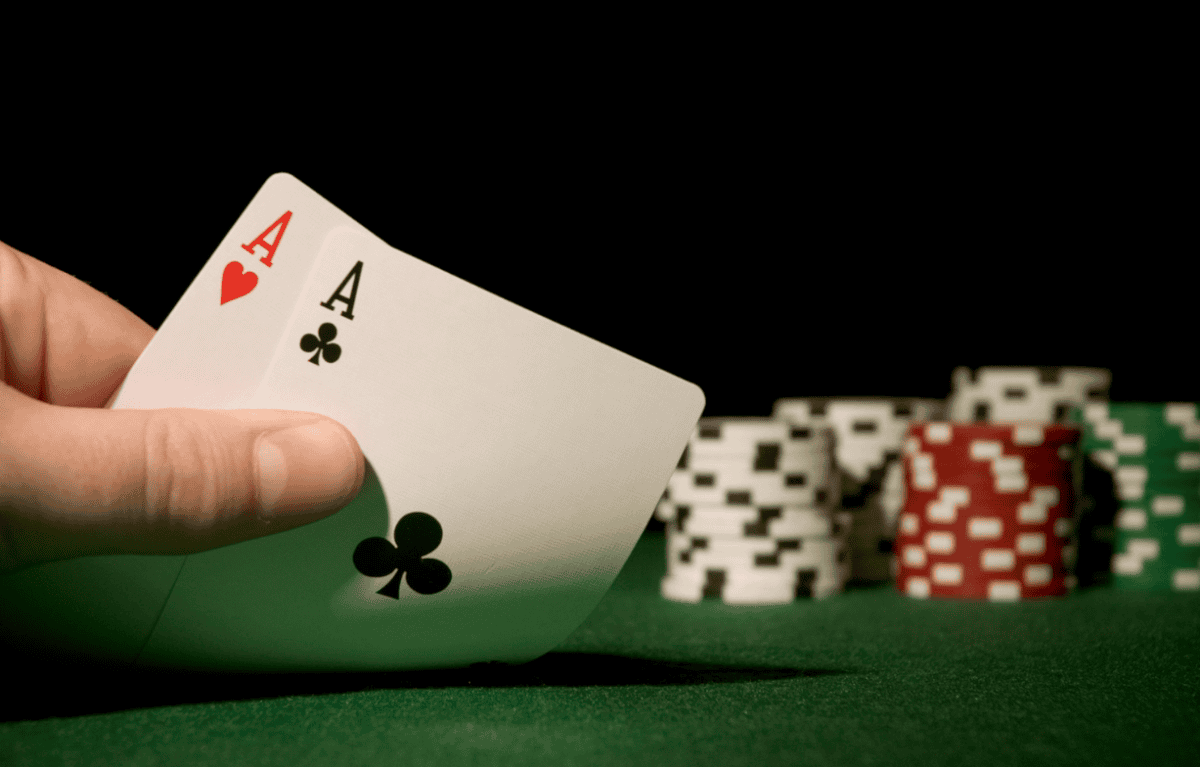Poker psychology examines mental and emotional factors influencing the game. Tilt, a state of emotional frustration, often arises after bad beats or big losses. Tilt usually leads to irrational decision-making. Recognizing and exploiting tilt in opponents can be advantageous. Tilted players tend to make mistakes. Tilt management is essential for players aiming to maintain control over their actions. Common triggers for tilt include a series of losing hands, unexpected outcomes, and perceived injustices during the game.
Self-awareness and emotional regulation form critical components of a successful poker strategy. Players capable of managing their emotions and maintaining composure under pressure demonstrate resilience. Strategies to manage tilt include mindfulness exercises, pregame routines, and reviewing past hands to prepare mentally. These methods help maintain genuine emotional control rather than a stoic poker face. Studies indicate that emotional regulation can greatly impact decision-making and game outcomes.

Importance of Reading Opponents
Effectively reading opponents’ poker playing styles contributes to a player’s success. Observing body language, betting patterns, and timing offers insights into opponents’ hands. For example, an increased heart rate or microexpression changes can provide clues about hand strength. However, reliance on physical tells should be limited. They’re not as decisive as popular media often portrays. Skilled players prioritize strategy and mathematical analysis over tells.
Inhibitory control, the capability to suppress emotional responses, is another critical factor in poker performance. Research comparing experienced non-pathological poker players to healthy controls showed that experienced players possess better emotional suppression skills. Consequently, poker players do not necessarily develop superior inhibitory skills compared to non-players. This finding emphasizes the critical nature of strategy and communication skills in high-stakes situations.
Skill versus Luck and Statistical Insights
Data reveals that the best hand wins approximately 12% of the time. In mid-stakes games, consistent winners often persuade opponents to fold before the showdown. Analysis of the 2010 World Series of Poker highlighted that recreational players lost an average of 15% of their buy-ins. Professionals secured over 30% in winnings. These statistics underline the gap in performance between casual and professional players.
Game theory has particularly influenced poker strategies in online play. Modern players utilize mixed strategies and randomly select actions to avoid predictability. For instance, the optimal ratio of bluff bets to value bets on the flop is about 2:1. This allows for frequent bluffs while maintaining the potential to improve hands with subsequent community cards. Approaching the game this way reduces predictability and enhances the ability to manage risk effectively.

Psychology in Poker
Psychologist and professional poker player Maria Konnikova emphasizes the roles of risk and deception in poker. Her observations suggest that even intelligent individuals can make poor risk assessments and fall for deception. This highlights the psychological complexity of the game and the necessity of continuous learning and adaptation for success. Konnikova’s insights remind players that understanding psychological dynamics is as essential as mastering technical aspects.
The ability to manage risk effectively can profoundly impact a player’s overall performance. As Konnikova illustrates, players must be aware of their cognitive biases and develop strategies to mitigate their influence.
Incorporating psychological insights into poker strategy can enhance a player’s performance. Players can develop a more comprehensive understanding of the game by improving self-awareness, emotional regulation, and the ability to read opponents. Further, acknowledging the limits of physical tells and focusing on strategic elements will lead to a more robust approach.
Emphasizing strategy over pure instinct, leveraging game theory, and continuously learning from experts like Maria Konnikova contribute to a well-rounded approach to poker. Integrating these elements into practice and adapting as needed forms the foundation for enhanced poker performance. Advances in psychological understanding and strategic methodologies will remain focal points for those dedicated to mastering the game.


